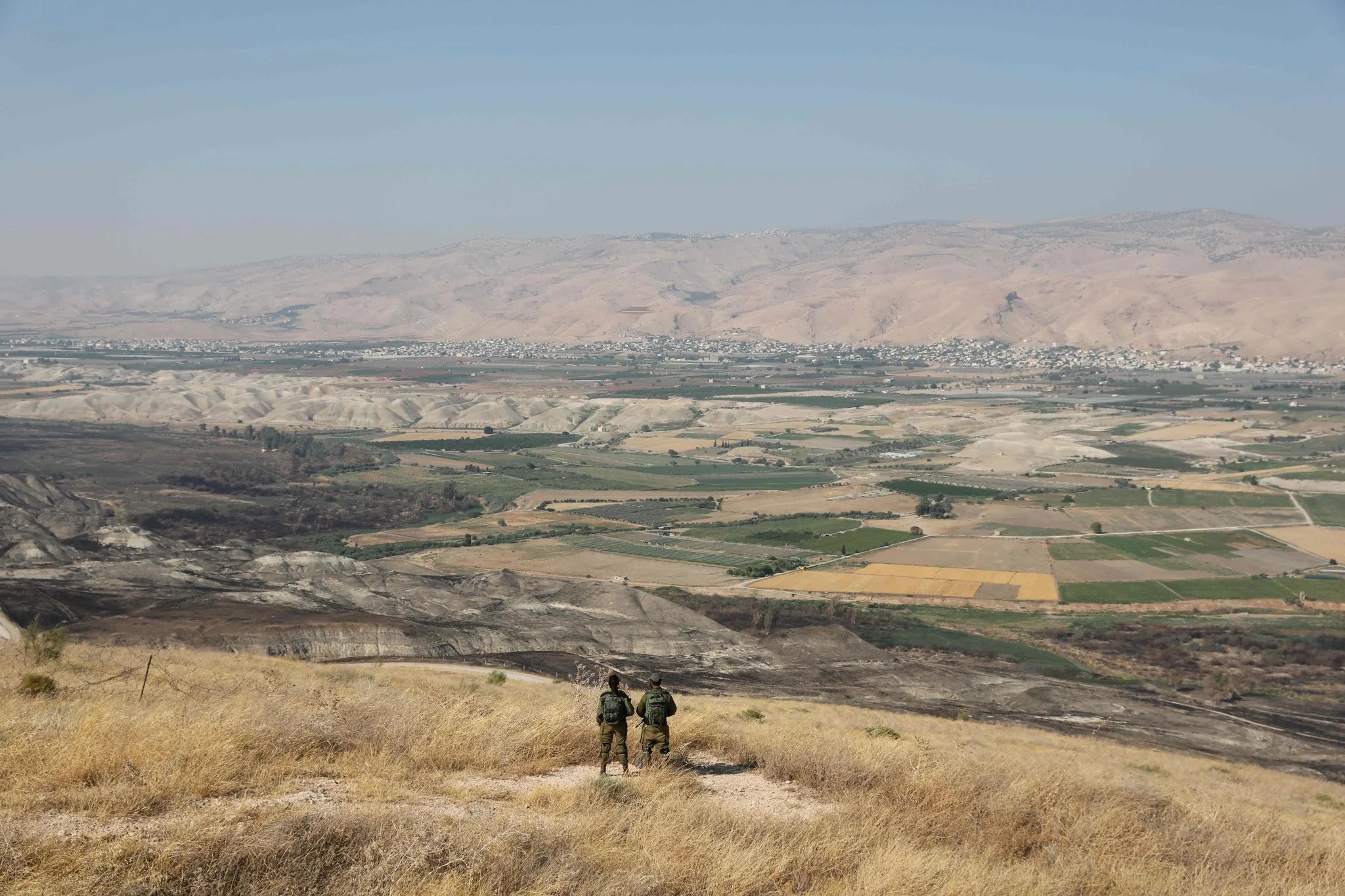By Amir Avivi
The next Israeli government will need to tend to an array of pressing national security, foreign, economic, and social policies, but there can be no doubt that the economic agenda must be the top priority as Israel exits the coronavirus pandemic.
Israeli citizens are greatly appreciative of the incredible vaccination campaign that has resulted in a rapid inoculation of the adult population, and by the performance of the health maintenance organizations that ensured that the vaccine is efficiently accessible to all.
Like the rest of the world, Israeli society is concerned first and foremost with economic issues and the need to generate economic recovery as the country returns to normal.
The need to get people back to work and to accelerate economic growth, while providing relief to those who need it, is leading many parties to focus their platforms on lowering taxes, providing more grants, and supporting the self-employed, who have been hit hardest.
Meanwhile, on the regional front, a major opportunity is forming to further expand peace agreements with moderate Arab Sunni states and further states in the Muslim world, such as Indonesia.
Israel has already begun seeing the economic fruits of the agreements in the form of large-scale investment programs by the United Arab Emirates in its economy.
A future ambitious project that is taking shape is the formation of a rail link from Saudi Arabia to Eilat, and connecting Eilat to Ashdod, while significantly expanding the Ashdod, Haifa and Eilat ports.
This entire project is going to create a major alternative to the Suez Canal for moving goods from the Middle East to Europe and vice versa.
The project will complement the existing movement of trucked goods from Jordan via the Bet She’an crossing to Haifa port. In other words, Israel is explicitly becoming the channel for the east-to-west movement of goods.
The next government will have to place its full weight behind these projects, which will create hundreds of billions of dollars for the state.
In addition, the next government will have to continue to strengthen Israel’s natural gas export market, and the energy alliance that is in place with Greece and Cyprus, which will allow significant exports to Europe, and to strengthen gas exports to Egypt and Jordan.
There is little doubt that the Biden administration’s alienating policies toward Sunni governments, particularly Saudi Arabia, will only boost relations with Sunni states and their dependence on Israel. This creates new opportunities to generate ties, including the development of tourism from Arab countries to Israel, and new investment plans.
Prior to the pandemic, Israeli tourism saw an all-time peak of five million visitors per year. As Israel leaves the pandemic behind, there is now a strong opportunity to not only invite back European and North American tourists, but also new tourists from the Arab world, and possibly beyond, such as from Indonesia.
These regional processes are in turn creating new opportunities for moving forward on the Israeli-Palestinian arena.
Israel is now in a position to weigh and promote fresh solutions, which meet basic Israeli security requirements, and also cater to the needs of Palestinians in Judea and Samaria.
Solutions that Israel can promote include a two-state solution based on the Trump outlines, which in turn is similar to the Oslo vision, but which features higher supervision of demands from the Palestinians. A second option is a decentralized ‘emirates’ model for Palestinians. Both plans can also be combined in future, and integrated with a Jordanian-Palestinian confederation.
In Gaza, extending the territory of a Palestinian state into Sinai with Egyptian support remains an idea worth exploring.
A new Palestinian generation that is fed up with the status quo is rising up, and the Israeli government should in turn cast old paradigms aside and begin examining new conceptual solutions, which match the fundamental changes that have washed over the Middle East, and the world.
The coronavirus may be behind us, but Iran is directly ahead of us. The government must have its full focus placed on the Iranian threat. A large diplomatic push to safeguard Israeli interests, in a new and improved nuclear deal, is critical, and Jerusalem must be firm in its demands that pressure and leverage points be exercised on the Islamic Republic to reach a tangibly improved deal compared to the 2015 agreement.
The ability to enforce a new deal is also critical. At the same time, it is unfortunately necessary to keep a credible, ready military option on the table – with cooperation from Israel’s allies.
A scenario in which Iran decides to go for nuclear breakout despite sanctions and international pressure, based on an Iranian decision that this is important enough for it, is realistic, and a preventative strike may therefore be needed. This requires Israeli readiness.
A preventative strike might not automatically lead to regional war, particularly if it includes U.S. participation, the participation of a local coalition, and takes the form of pinpoint strikes on nuclear sites.
This new reality means that traditional divisions in Israeli society between Right and Left are smaller than they appear, and with Iran remaining a coherent threat, the next government should prioritize unifying Israeli society, after years of divisive political rhetoric that has harmed national cohesion.
Brigadier General Amir Avivi concluded his service as the Head of the Auditing and Consulting Department of the Israeli Defense Establishment, (including the Israel Defense Force, the Ministry of Defense and Israeli Military Industries). Read full bio here.














